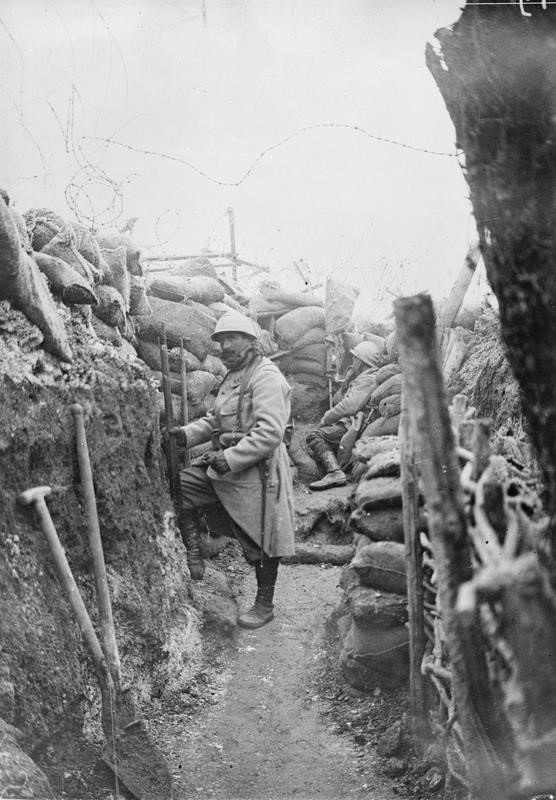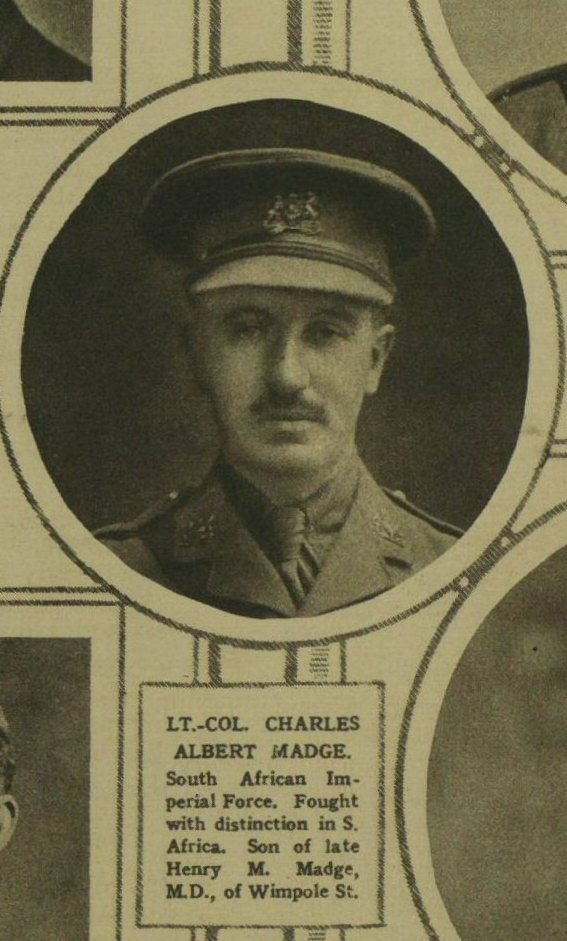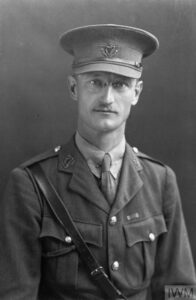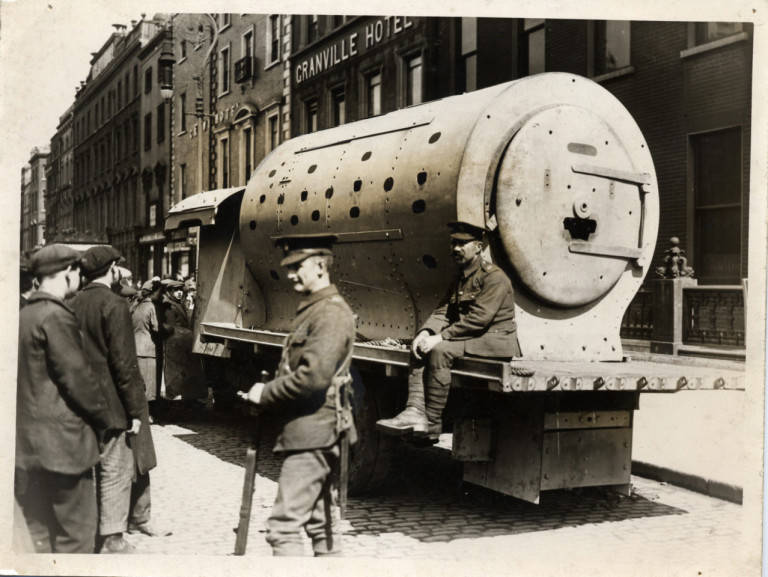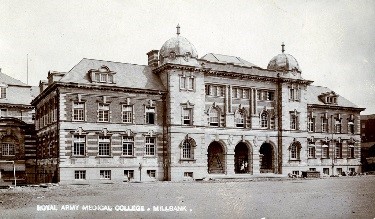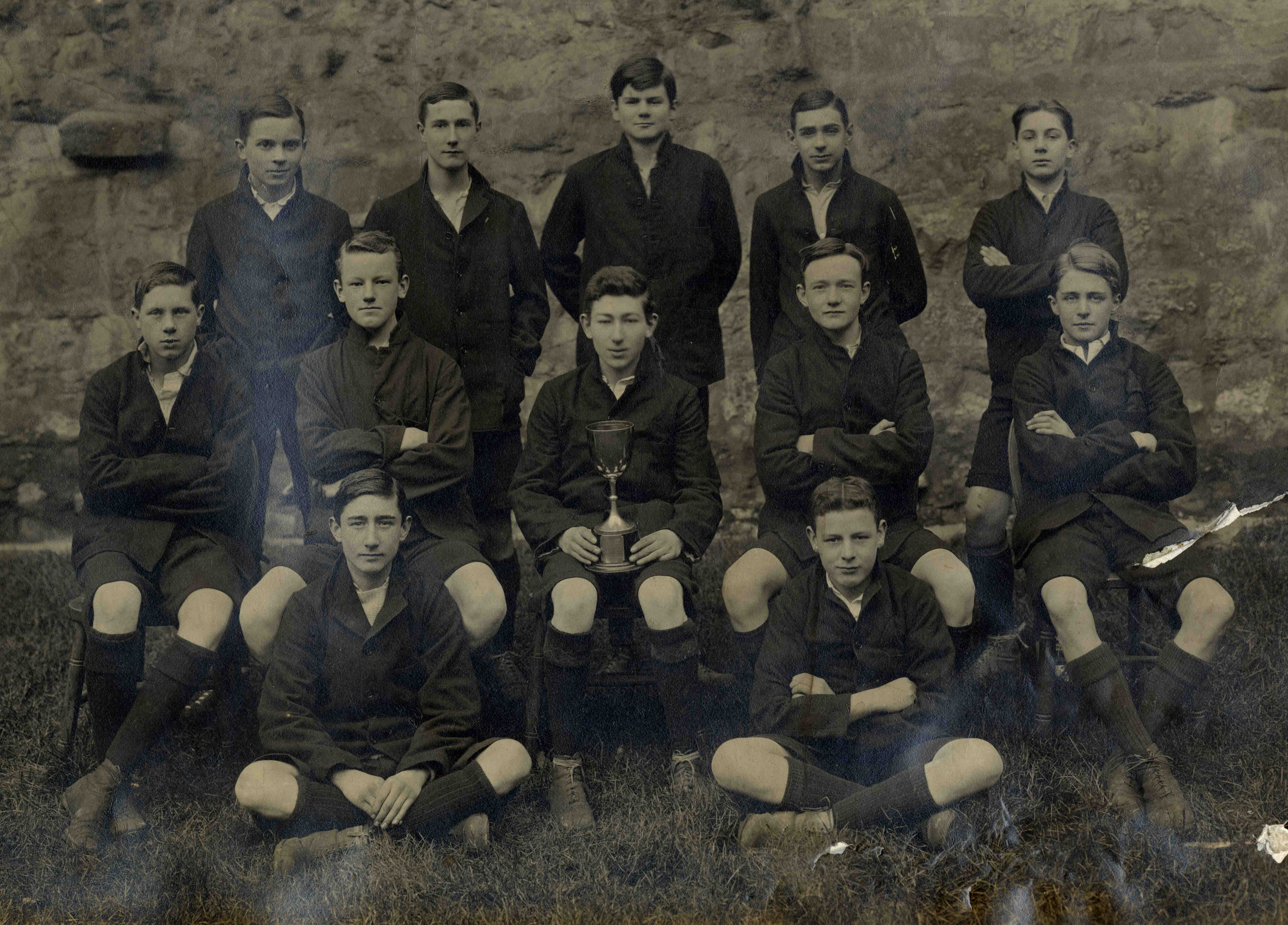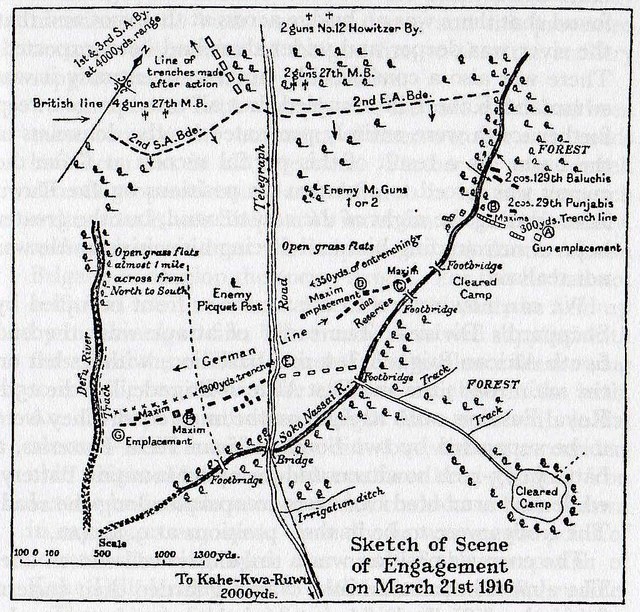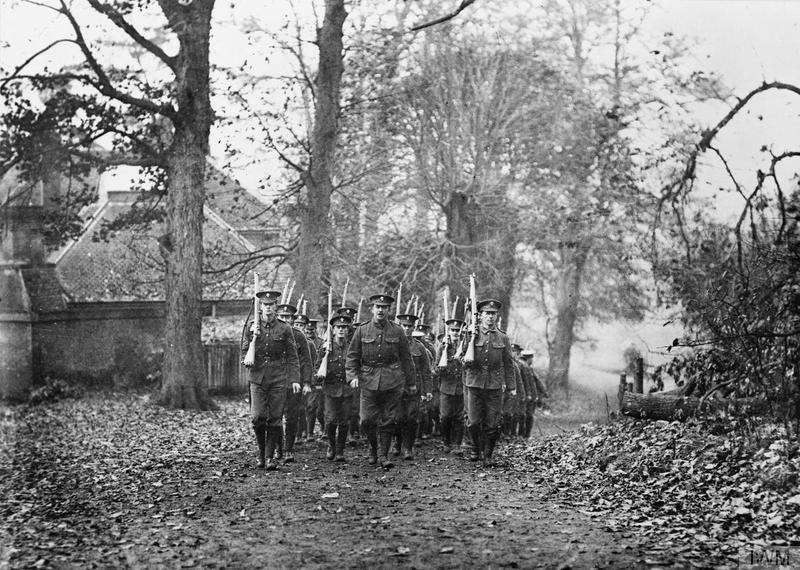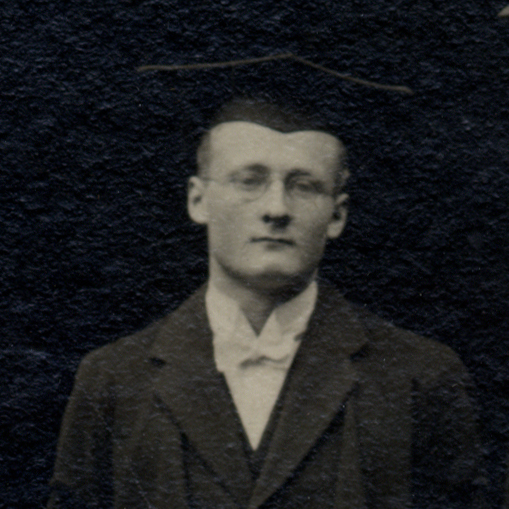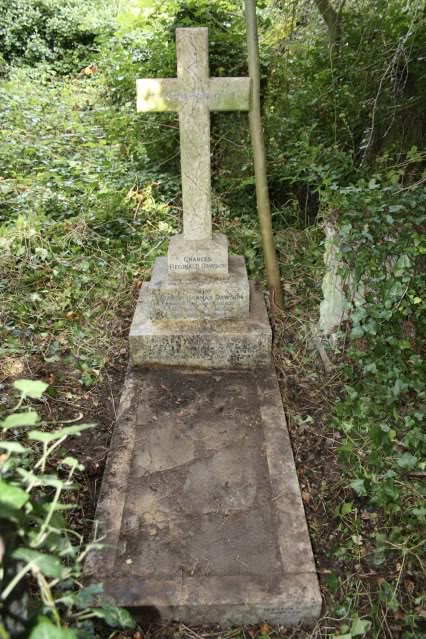Charles Dennis Fisher
Charles Dennis Fisher was born in 1877 at Blatchington Court, Sussex; the ninth of eleven children of the famous historian Herbert William Fisher. He attended Westminster School as a Queen’s Scholar from 1891 until 1896. He was academically brilliant, being elected head to Christ Church, Oxford and becoming a Slade Exhibitioner in 1897. Fisher became a tutor at Christ Church in 1903 and remained at the university until the outbreak of war. He was a skilled classicist and edited the text of Tacitus in the Oxford series of Scriptures Classici.
At the school Fisher developed a love of cricket, frequently playing for the School and College 1st XI. He was less successful as a footballer and a review in The Elizabethan noted that he was:
‘a hard-working forward, though somewhat clumsy, and liable to fall down at critical times. As a goal-keeper, a position which he held up till the last six or seven matches, he caught the ball well, but perhaps hardly made the most of his reach’ (he was 6ft 3”)
Perhaps unsurprisingly it was the cricket which he kept up at University, playing for Oxford against Cambridge in 1900 and for Sussex in 1901. He continued to be involved in the school after leaving and was made a Governor in 1908.
On the outbreak of war he was disabled from joining the army on medical grounds. Anxious to play his part he learned to drive and enlisted in the Ambulance Corps, serving in Flanders and mentioned in despatches for his bravery under fire. He managed to obtain a commission as a Lieutenant in the Navy in 1915 and was appointed in HMS Invincible. The ship was sunk in the Battle of Jutland on 31st May 1916 with the loss of 1026 lives.
Robert Bridges, Poet Laureate, dedicated the following verse to Fisher following his death:
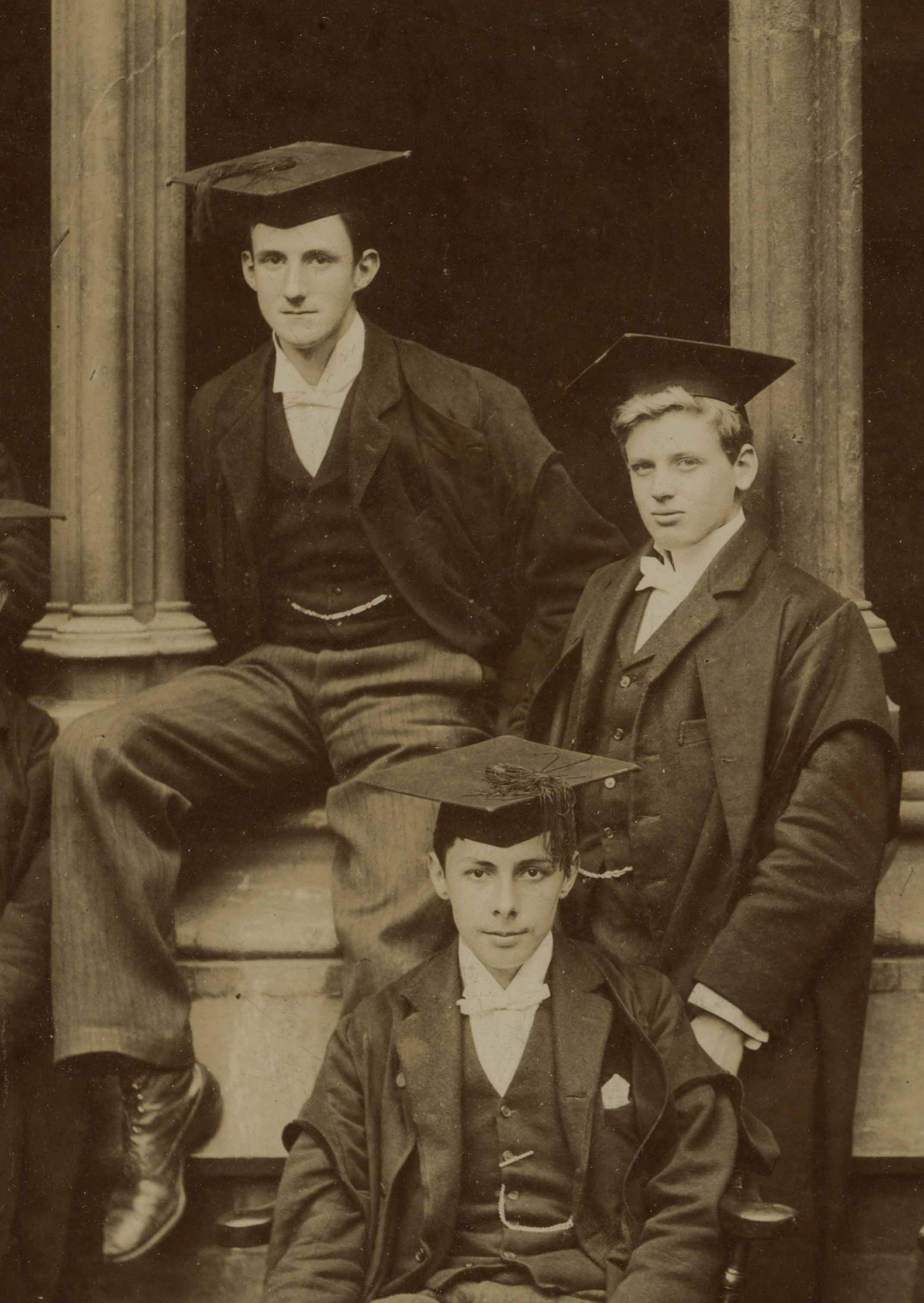
Over the warring waters, beneath the wandering skies
The heart of Britain roameth, the Chivalry of the sea,
Where Spring never bringeth a flower, nor bird singeth in a tree;
Far, afar, O beloved, beyond the sight of our eyes,
Over the warring waters, beneath the stormy skies.
Staunch and valiant-hearted, to whom our toil were play,
Ye man with armour’d patience the bulwarks night and day,
Or on your iron coursers plough shuddering through the Bay,
Or neath the deluge drive the skirmishing sharks of war:
Venturous boys who leapt on the pinnace and row’d from shore,
A mother’s tear in the eye, a swift farewell to say.
And a great glory at heart that none can take away.
Seldom is your home-coming; for aye your pennon flies
In unrecorded exploits on the tumultuous wave;
Till, in the storm of battle, fast-thundering upon the foe,
Ye add your kindred names to the heroes of long-ago,
And mid the blasting wrack, in the glad sudden death of the brave,
Ye are gone to return no more.-Idly our tears arise;
Too proud for praise as ye lie in your unvisited grave,
The wide-warring water, under the starry skies.
